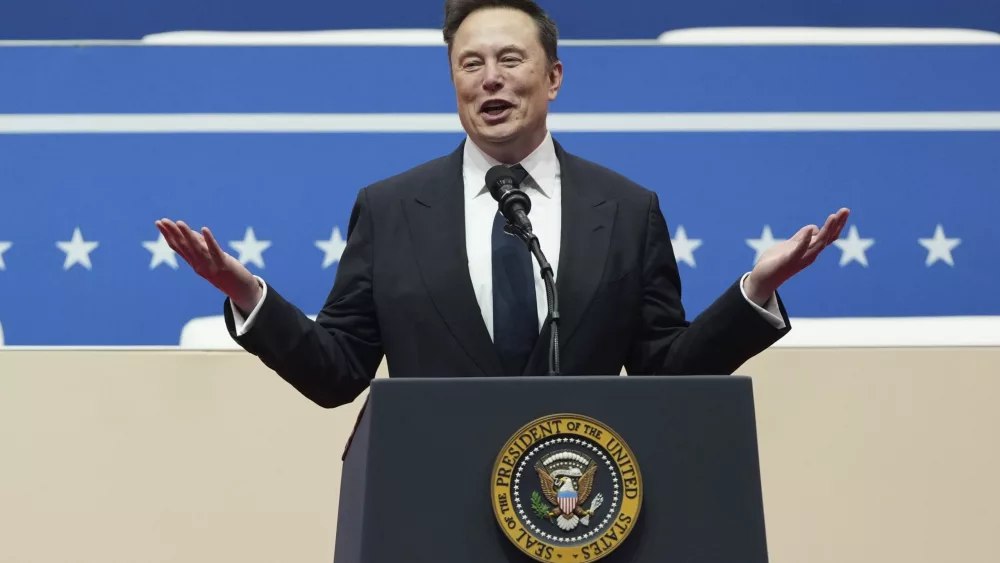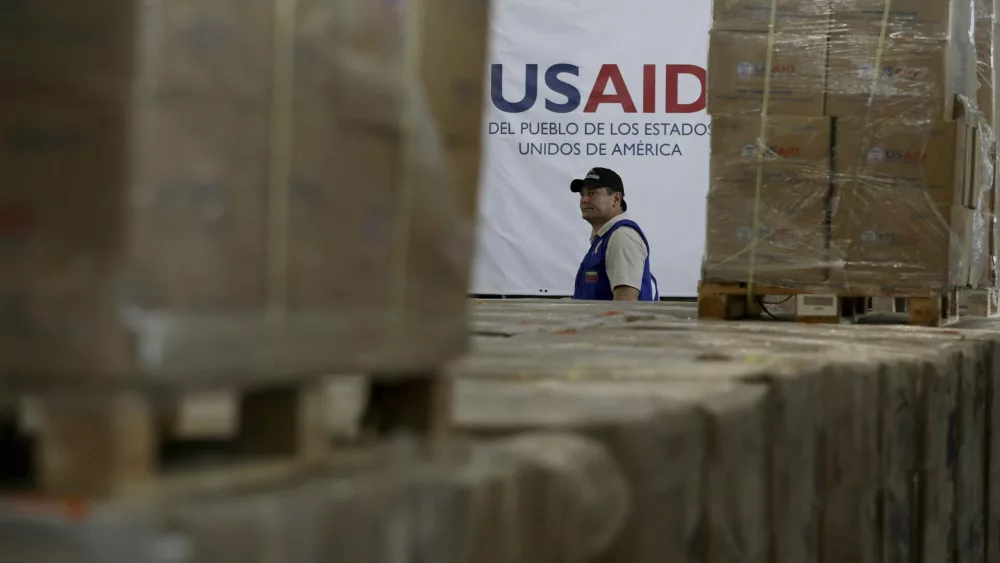By Shariq Khan
NEW YORK (Reuters) – U.S. consumers will see higher prices at the gas pump from President Donald’s Trump’s decision on Saturday to apply tariffs on Canadian and Mexican oil, according to analysts and fuel traders.
The likely hike in fuel prices reflects the double-edged nature of Trump’s trade protections which are designed to bolster domestic business and pressure U.S. neighbors to curb illegal immigration and drug smuggling, but which will also run counter to his promises to tackle inflation.
The U.S. imports some 4 million barrels per day of Canadian oil, 70% of which is processed by refiners in the Midwest. It also imports over 450,000 bpd of Mexican oil, mainly for refiners concentrated around the U.S. Gulf Coast.
Tariffs on those imports mean higher costs for making finished fuels like gasoline, much of which is likely to be passed along to U.S. consumers.
“Expect fuel prices will rise noticeably if oil and refined products are not exempt,” GasBuddy analyst Patrick De Haan said in a post on social media. He told Reuters in a telephone interview the hit to consumers will get worse the longer the tariffs drag on.
The American Fuel and Petrochemical Manufacturers Association, which represents U.S. refining companies, said on Saturday it hopes the tariffs are lifted before consumers start to feel the impact.
Trump on Saturday ordered 25% tariffs on Canadian and Mexican imports and 10% on goods from China starting on Tuesday to address a national emergency over fentanyl and illegal aliens entering the U.S., White House officials said.
Energy products from Canada will have only a 10% duty, but Mexican energy imports will be charged the full 25%, the officials told reporters.
Trump had initially planned a 25% tariff on all goods from Canada and Mexico but cut the Canadian oil tariff in an effort to ease the impact on energy prices, the officials said.
The developments are set to upend a symbiotic oil trade between the U.S. and its neighbors: Many U.S. refineries are geared to churn the type of heavy and medium crude oil grades Canada produces, for example, and Canada’s oil output exceeds its current demand.
“Someone is going to get kind of hurt here,” Wells Fargo Investment Institute’s John LaForge told Reuters.
“The oil in Alberta doesn’t have much of an option where it goes, and the refiners in the Midwest don’t have much of an option on where they get the feedstock,” he said.
Gulf Coast refiners, who unlike Midwest refiners have access to seaborne cargoes, were likely to have an easier time finding replacements for the Mexican crude oil grades.
Companies involved in the wholesale fuel market said they have little choice but to pass on the added cost to consumers, especially as the post-COVID surge in fuel margins has faded away amid oversupply and weakening demand growth.
“We’re in a kind of hand to mouth situation here,” said Alex Ryan, energy director at Kansas-based Oasis Energy, which operates a travel store and partially owns a fuel retailing convenience store.
Ryan said his team, which also supplies fuel to other markets, is still waiting for feedback from refiners on the estimated cost increase.
“Whatever the cost is, ultimately it ends up in the consumer’s lap, and there’s nothing we can do about it,” Ryan said.
EAST COAST PRICES MAY ALSO RISE
East Coast drivers could also feel the crunch. The region’s refining capacity meets just about half the daily fuel demand, and the rest is met mainly by the Colonial Pipeline, which pumps over 100 million barrels of fuel daily from the Gulf Coast.
But that pipeline is almost always full. In periods of high demand, Irving Oil’s St. John’s refinery in New Brunswick has been the main swing supplier to the East Coast.
Those imports will be subject to the 10% levy.
The East Coast will either have to bear the additional cost of importing from Canada, or turn to European fuel imports to make up for shortfalls, De Haan said.
At Midwestern pumps, the effect of the tariffs could be more delayed as refiners there have been producing fuel at elevated rates and have also been stockpiling Canadian oil in recent months, analysts said.
Even so, the tariffs are set to raise costs.
“Any way you cut it, you’re looking at higher prices,” Wells Fargo’s LaForge said.
(Reporting by Shariq Khan in New York; Editing by Alistair Bell)
Brought to you by www.srnnews.com







